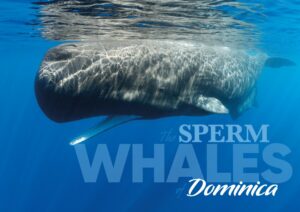Unprecedented coral-bleaching events in 2016 and 2017 have led to the number of new corals on Australia's Great Barrier Reef dramatically declining by 89 percent, according to research carried out last year.
The cataclysmic events, which were widely reported to have damaged two-thirds of the world's largest reef system, are now being blamed for causing a serious collapse in coral re-growth through 2018.
The research, which has been published in the journal Nature, puts the core reason for the problems on rising sea temperatures. It measured how many adult corals along the length of the reef had survived the bleaching events – and then looked at the number of new corals that had been produced since then. It highlighted the link between coral vulnerability and sea temperatures going up as a result of global warming, and joined the rising number of groups calling for increased action to reduce carbon emissions on a global scale.
Coral bleaching is caused by rising temperatures and occurs when corals under stress drive out the algae – known as zooxanthellae – that give them their vibrant colour. If normal conditions return, the corals can recover, but even then it can take decades – and if the stress continues, the corals can die. As lead author Prof Terry Hughes, from Queensland’s James Cook University, explained: “Quite simply, dead corals don't make babies.”
Co-author Prof Andrew Baird continued: “Across the length of the Great Barrier Reef there was an average 90 percent decline from levels recorded in the 1990s, and we think this is down to the 2016/2017 bleaching events affecting 900 miles of the GBR.
“Baby corals can travel over vast distances, and if one reef is too far gone, there are usually enough adults on other reefs to protect the juveniles, but this monstrous mortality rate – what we think is the GBR’s first regrowth problem on such a massive scale – has meant that there’s nothing left to replenish the reef.
“Coral replenishment could recover over the next five to ten years – if there were no future bleaching events. Unfortunately, given current estimates, this likelihood is almost inconceivable.”
Prof Baird concluded: “We are at the point where localised solutions for the Great Barrier Reef are almost pointless – the only thing that matters now is positive global action on climate change.”








